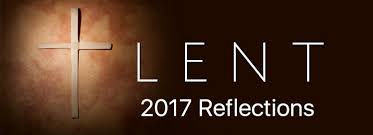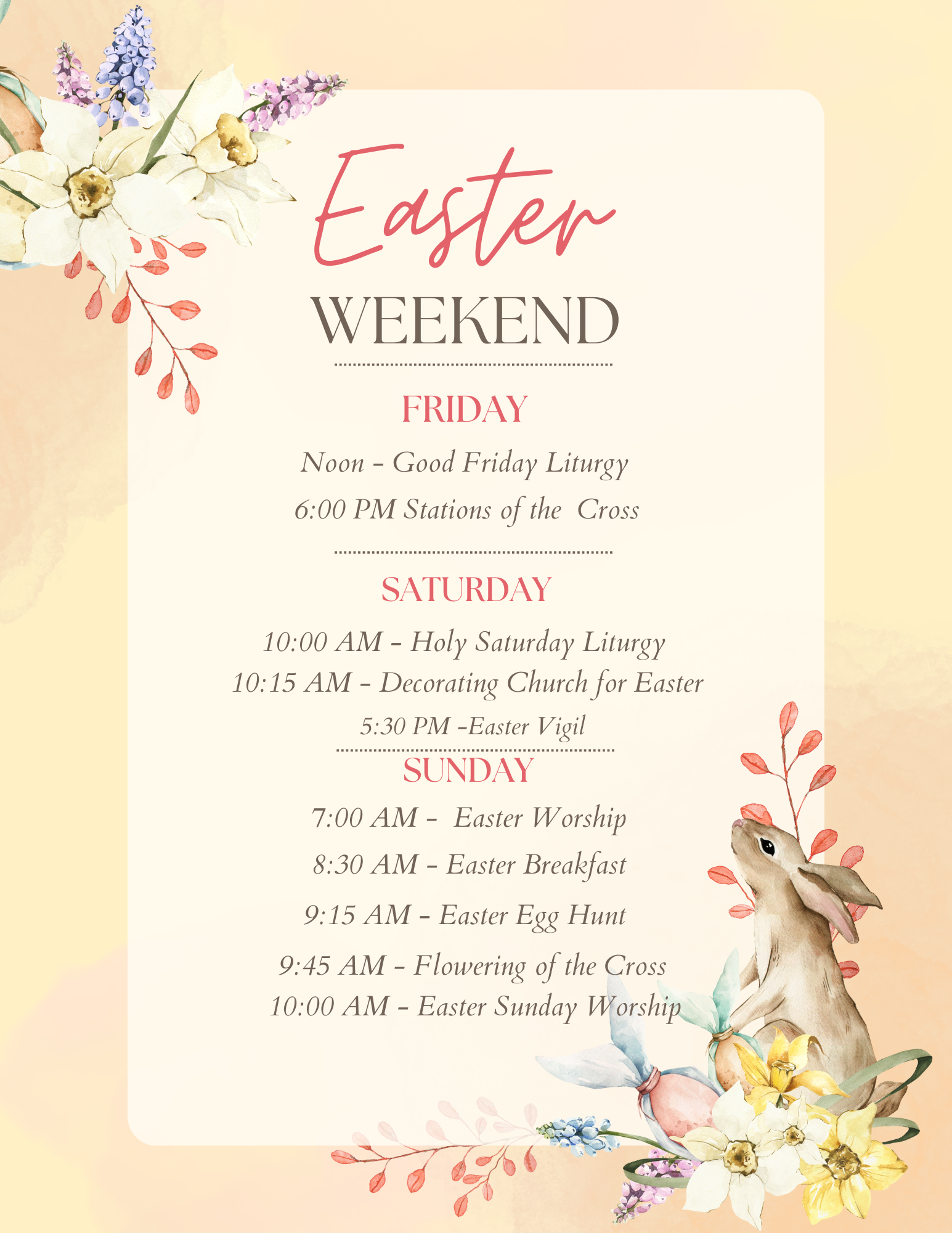
Theme: Healing- Regaining Sight
Scripture: John 9:1-41
As Jesus walked along, he saw a man blind from birth. His disciples asked him, “Rabbi, who sinned, this man or his parents, that he was born blind?” Jesus answered, “Neither this man nor his parents sinned; he was born blind so that God’s works might be revealed in him. We must work the works of him who sent me while it is day; night is coming when no one can work. As long as I am in the world, I am the light of the world.” When he had said this, he spat on the ground and made mud with the saliva and spread the mud on the man’s eyes, saying to him, “Go, wash in the pool of Siloam” (which means Sent). Then he went and washed and came back able to see. The neighbors and those who had seen him before as a beggar began to ask, “Is this not the man who used to sit and beg?” Some were saying, “It is he.” Others were saying, “No, but it is someone like him.” He kept saying, “I am the man.” But they kept asking him, “Then how were your eyes opened?” He answered, “The man called Jesus made mud, spread it on my eyes, and said to me, ‘Go to Siloam and wash.’ Then I went and washed and received my sight.” They said to him, “Where is he?” He said, “I do not know.”
They brought to the Pharisees the man who had formerly been blind. Now it was a sabbath day when Jesus made the mud and opened his eyes. Then the Pharisees also began to ask him how he had received his sight. He said to them, “He put mud on my eyes. Then I washed, and now I see.” Some of the Pharisees said, “This man is not from God, for he does not observe the sabbath.” But others said, “How can a man who is a sinner perform such signs?” And they were divided. So they said again to the blind man, “What do you say about him? It was your eyes he opened.” He said, “He is a prophet.”
The Jews did not believe that he had been blind and had received his sight until they called the parents of the man who had received his sight and asked them, “Is this your son, who you say was born blind? How then does he now see?” His parents answered, “We know that this is our son, and that he was born blind; but we do not know how it is that now he sees, nor do we know who opened his eyes. Ask him; he is of age. He will speak for himself.” His parents said this because they were afraid of the Jews; for the Jews had already agreed that anyone who confessed Jesus to be the Messiah would be put out of the synagogue. Therefore his parents said, “He is of age; ask him.”
So for the second time they called the man who had been blind, and they said to him, “Give glory to God! We know that this man is a sinner.” He answered, “I do not know whether he is a sinner. One thing I do know, that though I was blind, now I see.” They said to him, “What did he do to you? How did he open your eyes?” He answered them, “I have told you already, and you would not listen. Why do you want to hear it again? Do you also want to become his disciples?” Then they reviled him, saying, “You are his disciple, but we are disciples of Moses. We know that God has spoken to Moses, but as for this man, we do not know where he comes from.” The man answered, “Here is an astonishing thing! You do not know where he comes from, and yet he opened my eyes. We know that God does not listen to sinners, but he does listen to one who worships him and obeys his will. Never since the world began has it been heard that anyone opened the eyes of a person born blind. If this man were not from God, he could do nothing.” They answered him, “You were born entirely in sins, and are you trying to teach us?” And they drove him out.
Jesus heard that they had driven him out, and when he found him, he said, “Do you believe in the Son of Man?” He answered, “And who is he, sir? Tell me, so that I may believe in him.” Jesus said to him, “You have seen him, and the one speaking with you is he.” He said, “Lord, I believe.” And he worshiped him. Jesus said, “I came into this world for judgment so that those who do not see may see, and those who do see may become blind.” Some of the Pharisees near him heard this and said to him, “Surely we are not blind, are we?” Jesus said to them, “If you were blind, you would not have sin. But now that you say, ‘We see,’ your sin remains.”
Reflection- Marti Nodine:
In John 9:1-41 Christ heals a blind man with a bit of spit and an incantation about revealing God’s works through a sufferer. The parable’s theme—“Healing: Regaining Sight”—perhaps speaks to spiritual blindness as well as to physical blindness. Can we see past the obvious “flaws” in other human beings to the godliness and beauty they often project, despite great obstacles?
I struggle with a skeptical, if not outright cynical, outlook about our destructive human behavior. One source of comfort is the love and acceptance I feel from the Body of Christ at St. George. I am grateful for the general lack of negative gossip, backbiting, snarky comments and not-so-hidden agendas we might hold as individuals. Many in our congregation have dealt with great personal hardships and tragedies and have emerged with a purity of spirit, observable as a radiance from within, which touches and energizes us all.
Probably anyone at St. George is holier than I am, but volunteering at Christian Assistance Ministry is another uplifting influence in my life (aside from my being married to a truly spiritual man who is also my best friend and confessor.) To experience the warmth and graciousness of people who face one daunting day after another with little hope of lasting relief has truly opened my eyes to the saving power of forgiveness and acceptance. To share a smile, grasp a hand, exchange a hug or a prayer with a person who has stood in line for an hour to get a sandwich and a piece of fruit is a privilege. That person blesses me more than I can ever bless him or her.
I am grateful that St. George offers many chances to celebrate Christ through service.
Reflection: Therese Trahan-Edussuriya:
Jesus said, “I am the Light of the world.” Where do we find the Light? It will never be extinguished. In some situations, the Light seems hard to find. See beyond the apparent darkness, with your true sight – the eyes of your heart.
How do we reflect the Light of Christ? Our reflection can bring new sight to those who have been blind, shrouded in darkness. The beauty is that as we reflect the Light, we become transformed by it, until we are the Light. Become the Light, and pierce through the shrouds.
The definition of faith is believing in things unseen, but evidence for our faith is all around. The man in our story was healed and this led him to believe in Christ. However, what of those who are shown, yet refuse to accept? They ignore what is in their sight, just as the Pharisees refused to believe. Perhaps the refusal to accept is rooted in fear of persecution or judgement. The man who had been given sight was cast out – judged – for something which others knew nothing of. His parents feared speaking that which those in power did not want to hear. Who or what holds power over our sight? Can we challenge preconceived notions accepted by society and dare to see differently? When we trust in the only One who has the right to judge, we truly see for the first time.
Sight is more than our physical eyes. What is it that we have been blind to? Is now the time to be restored to wholeness? Are we ready to see that which we could not see? Pray that He open our eyes in His perfect timing. And when that moment comes, allow your new sight to be used for his glory.




